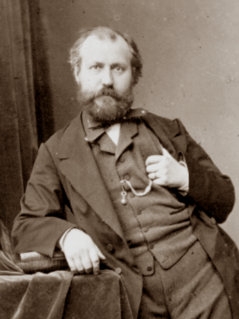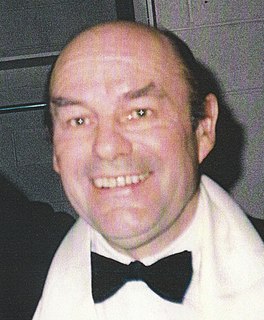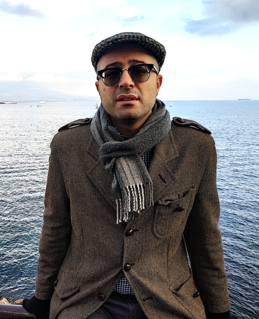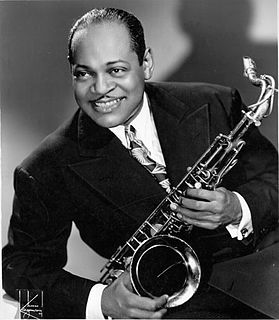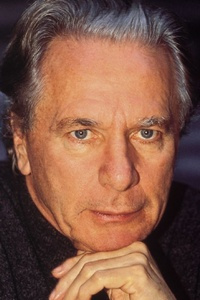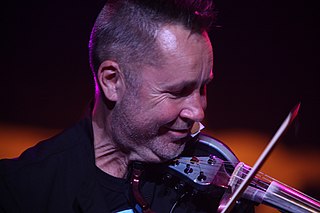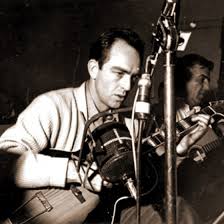A Quote by Pablo Casals
When we play an unaccompanied Bach suite we may compare ourselves to an actor in Shakespeare's day, creating scenery which did not exist at all, through the power of declamation and suggestion. So in Bach. There is but one voice -- and many voices have to be suggested.
Related Quotes
One of the tracks that I have is Carl Philipp Emanuel Bach - by the way, that's Bach's second son - Emanuel Bach's variations on "Le Folie." You'll definitely hear - I mean, I think if we listen to, say, the last couple of minutes of that track, there's a wide range of colors that the harpsichord is capable of. And I think, you know, that gives lie to the assumption that it doesn't have that kind of variety. And I think it very much speaks for itself.
If they think they are doing something new, they ought to do what I do every day - spend at least two hours every day listening to Johann Sebastian Bach and, man, it's all there. If they want to improvise around a theme,which is the essence of jazz, they should learn from the master. He never wastes a note, and he knows where every note is going and when to bring it back. Some of these cats go way out and forget where they began or what they started to do. Bach will clear it up for them.
Bach, of course, was my first love. He still is. I mean, he's the man of my life, that's for sure. And when I say that there's been a re-evaluation, look, to be perfectly honest, I think I have a re-evaluation of my relationship with Bach probably every day, and that will never stop. And that's probably why I still get up in the morning and I do this.



